Modern Slavery: Should you be concerned?
Modern slavery should be understood as an overarching term encompassing all forms of contemporary slavery: human trafficking, slavery, servitude, forced and bonded labour and the worst forms of child labour.
What is Modern Slavery?
It is a grave violation of human rights that affects people almost everywhere, including in the UK. While there is no exact data on the prevalence of forced labour and trafficking, the International Labour Organisation (ILO) estimates that there are 21 million people in forced labour across the world.
Businesses would be shocked that any decisions made could in any way be contributing to slavery, yet the nature of business today can create conditions where slavery and forced labour flourish.
Organisations can be implicated in modern slavery both directly and indirectly in a variety of ways: in their own operations, through their global supply chains and through their involvement with business partners.
Companies also risk employing exploited workers in the construction, maintenance and servicing of their facilities, particularly in cases where those functions are outsourced to third-party suppliers. Companies can be implicated less directly if their products or services are used by traffickers.
As employers and providers of goods and services, businesses have a pivotal role to play in the fight against human trafficking, forced labour and slavery. Companies and employers are particularly well placed to prevent and detect exploitation in their own operations and in the communities where they operate, to influence and work together with suppliers and business partners, and to raise labour standards within their industries. Some companies, in some sectors, are also in a position to spot and report an issue which by its nature tends to remain hidden.
What Can you do NOW – Short Term?
There are some immediate actions you can take to start safeguarding your supply chain workers.
Ensure that:
- Money is paid directly into bank accounts.
- All staff, including agency workers, have a written contract.
- Workers receive wage slips and are able to understand any deductions that are made.
- There is a safe storage area for passports.
- Anonymous phone lines are set up for workers to report abuse.
- Employees have a safe forum to discuss and understand their rights.
- A confidential grievance process is established that includes agency workers.
- Unauthorised deductions for food, accommodation or equipment are investigated.
- Managers and site staff are given the training to spot abuse and human rights violations.
- Hours worked are monitored. Triggers are in place to investigate excessive overtime. Check that recorded hours match hours actually worked.
What Can you do – Long Term?
Develop comprehensive policies which will influence decision-making within the business on a day to day basis in relation to slavery and human trafficking.
- Map existing policies – Make sure that policies on modern slavery reflect the greatest areas of risk to impacted individuals and communities, and specify expectations for personnel, suppliers, customers, business partners and others who are directly linked to business operations, products and services.
- When developing new policies, consult with internal and external stakeholders, ensure policies are signed-off at the highest level of the business and are available to all workers, business partners and other parties.
- Treat this as a quality control issue with regard to holding suppliers and subcontractors accountable; products should be considered defective if slavery or human trafficking is identified in the production process.
- Carry out human rights due diligence and take action to address risks.
- Conduct a human rights impact assessment – with a specific focus on labour rights, women’s rights and children’s rights – examining the company’s direct operations, supply chain and other business relationships in high-risk environments, to identify risk factors in operations and supply chains.
- Examine internal business procedures to avoid making demands of suppliers or subcontractors that might lead them to abuse human rights. Consult internally and externally with key stakeholders, including people who are, or could be affected by modern slavery, and those organisations representing them.
- Develop clear action plans to prevent and mitigate modern slavery.
- Develop a process for informing business decisions – including the selection of suppliers, subcontractors, or third-party recruitment agencies – based on performance on policies and practices regarding labour rights issues.
- Include clauses on modern slavery and risk factors in contracts with suppliers, and closely monitor suppliers.
- Put in place procedures for reporting concerns over modern slavery within the company’s operations, and communicate these effectively. Grievance mechanisms and remedy processes should be clear, transparent and accessible, and incidents should be reported and monitored.
For more information or to talk further about modern slavery call us on 01752 697 370
